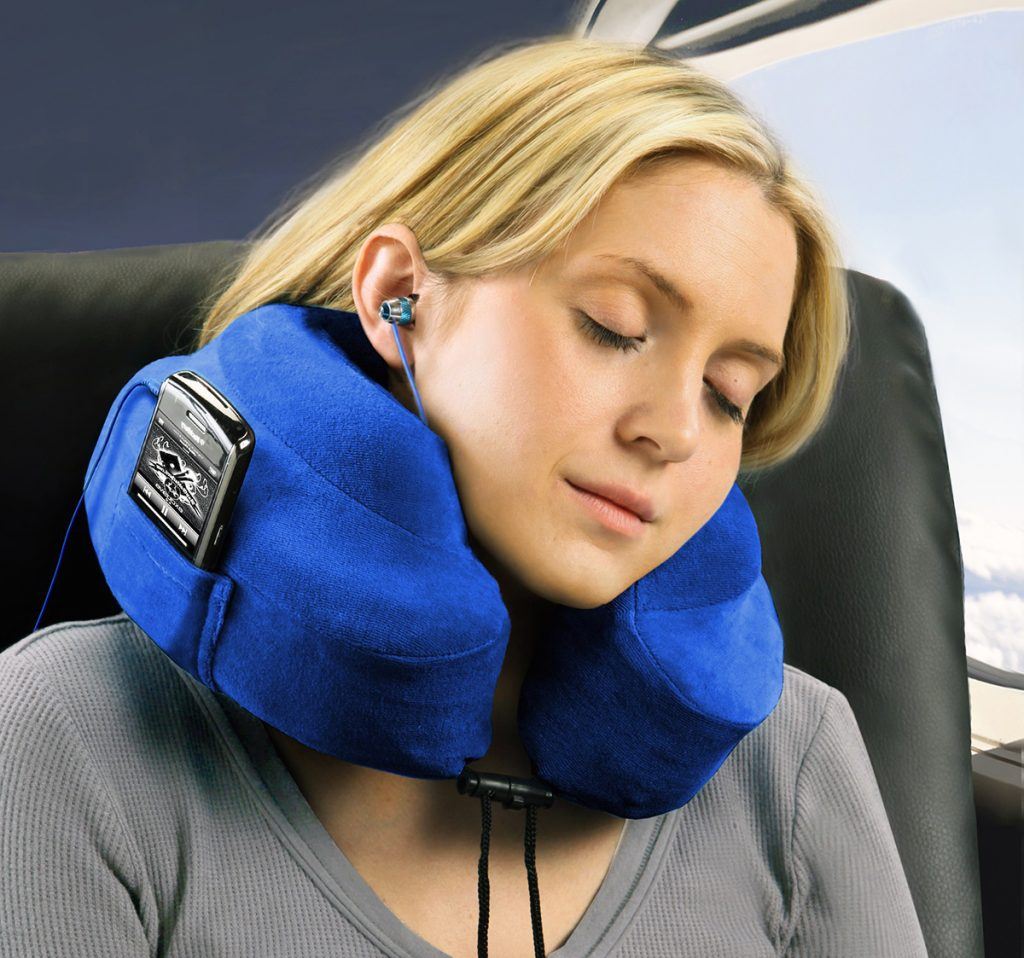In our fast-paced, interconnected world, the pursuit of career opportunities sometimes compels individuals to embark on epic daily or weekly journeys between home and work, often spanning hundreds of miles. This emerging trend, known as super commuting, promises financial rewards and professional growth but conceals a profound and often overlooked toll: sleep deprivation.
As the bleary-eyed warriors of long-distance travel emerge, we explore how super commuting impacts sleep, unmasking the surprising repercussions that jeopardize our health, productivity and overall well-being.
What is a “Super Commute?”
In a pre-pandemic world, anyone that traveled more than 90 minutes one-way to their place of work was considered a super commuter. But after the COVID-19 pandemic, the meaning shifted to a sometimes even more drastic commute, but on a less frequent basis.

During the pandemic, many companies moved to a remote working environment, but as vaccines rolled out and symptoms eased, companies started ushering employees back into the office creating a hybrid working environment. According to a Zippia study, 74% of US-based companies plan to implement a permanent hybrid workplace.
This means that employees only need to come into the office a few days a week, but many of them have moved even further away, extending their commute. Some individuals take multiple forms of public transport or even engage in interstate travel via plane to get to their place of work.
At the end of the week, the hours spent in travel time could mean that super commuters are missing out on a couple of hours of sleep. If no proper sleep schedule is followed, this could lead to the accumulation of sleep debt and negatively impact their health.
The Buzz Around Super Commuters
While super commuting is something that’s been around for a long time, it recently reappeared in the spotlight after TikToker Sophia Celentano made a video about her super commute that went viral.
@sophiacelentano48 super commuting slay #corporateintern #marketingintern #nycintern #summerinternship #supercommuter #fyp #foryou
♬ original sound – Sophia Celentano
Sophia is a student living with her parents in Charleston but recently accepted a summer internship at the famed Ogilvy Health in Parsippany, New Jersey. The internship only requires her to be in the office once a week, and occasionally twice for events.
Instead of uprooting her life for the summer and moving to New Jersey where rent and living expenses are high, Sophia decided to super commute to the office via plane once a week.
Over the course of the internship, Sophia estimates that she will save $2,000 by super commuting due to New Jersey’s inflated rent prices and cost of living. She also believes her quality of life is better, as she gets to stay in Charleston with her friends and family during her summer break.
The financial and emotional benefits seem obvious. But with a 3 a.m. wake-up to drive to the airport and an 11 p.m. arrival back home once a week, the impact on her health and sleep schedule could add up.
Late Nights, Early Mornings and a Long Commute May Lead to Sleep Deprivation
A regular and consistent sleep schedule is a privilege not often enjoyed by super commuters, as their long commutes mean early morning wake-ups and late evening arrivals back home. A study conducted on 21,000 Swedish commuters found that long commutes led to an increased risk of sleep disturbances, exhaustion and stress.

Unsurprisingly, a US study on long-distance commuters found that these commutes led to less time for physical exercise, which saw participants suffering from increased weight and decreased cardiovascular health.
Due to exhaustion from long commutes, many workers turn to caffeine to get them through the day. What they don’t take into consideration is how caffeine further impacts sleep, throwing them into a toxic cycle of sleep deprivation and caffeine consumption.
While long-distance commutes can wreak havoc on your health, working from home can also impact your sleep. While both long-distance commutes and working from home are hard to avoid in the 21st century, ensuring you are getting enough sleep and exercise can make a huge difference to your overall health.
The Consequences of Sleep Deprivation on Work Performance
A study by AASM found that getting less than the recommended amount of sleep (seven to eight hours per night), led to a decrease in creativity and desire to learn, reduced motivation, longer task completion times and reduced focus during meetings.

While most professionals in the study recorded an average of six hours and 28 minutes of sleep per night (only 30 minutes less than the recommended amount), the loss of sleep over a week or month adds up to a significant amount, leading to a buildup of sleep debt.
Sleep also plays an important role in short-term and long-term memory, which is crucial to performing well in the workplace.
Final Thoughts
Super commuters often feel the benefits of the long commute outweigh the drawbacks. If you’re a super commuter, you should focus on fixing your sleep schedule to ensure you’re getting enough shut-eye every night.
RELATED: How to Get Great Rest on a Plane
One way you can do this is by using the long commute to sneak in a few more hours of sleep. Use your long plane, train or bus ride to your advantage by taking a power nap en route. Use a sleep mask to block out the bright lights, headphones to block out the noise and a sleep pillow for added comfort to drift off to La La Land.

